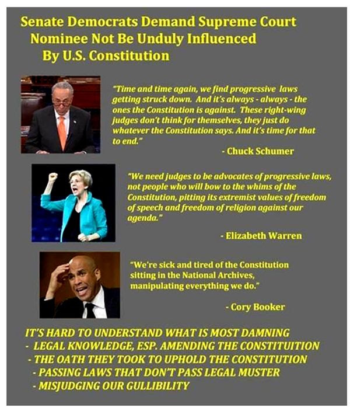Americans should contemplate the under appreciated federal aspect of independence. We obsess about the size and strength of the national government. But it was our ancestors’ desire to govern themselves. They contemplated doing it in legislative bodies much closer than the British Parliament. That brought about the Declaration of Independence.
How we got here…
Have we squandered the essence of our Revolution? What have we done by creating an omnipotent national government? Is the federal government today the functional equivalent of the British Parliament then? Madison knew responsibility for causing the colonies to take up arms was with Parliament.
Over time, the national character of our government has come to overpower the federal character of our government. Officials in the District of Columbia exercise powers never given to it by the Constitution. Those powers are rightly the province of the individual states. Matters such as marriage, abortion, and workplace relations have been usurped.
What was intended…
Today we address them with one-size-fits-all national polices. They should be addressed through state legislative processes. The supremacy clause is interpreted to give the federal government power not ceded it constitutionally. We are so distant from the founding principles that the national overreach is hardly noticed.
The president, many of his predecessors and our fellow citizens emphasize our national character. But what about its federal character? Madison reminds us of the Spirit of 1776: “The fundamental principle of the revolution was, that the colonies were co-ordinate members with each other, and with Great-Britain; of an Empire, united by a common Executive Sovereign, but not united by any common Legislative Sovereign.” Which means the 13 colonies saw themselves as co-equal commonwealths. They were within the British Empire based on allegiance to King George III.
Madison went on: “…The Legislative power was maintained to be as complete in each American Parliament, as in the British Parliament…. A denial of these principles by Great-Britain, and the assertion of them by America, produced the revolution.” Each colonial legislature possessed the sovereign power to pass laws within its jurisdiction. The colonial legislatures were the equivalent of the British national legislature.
The Declaration of Independence concluded by pronouncing the 13 colonies “Free and Independent States…” They declared themselves individual republics making all their own laws, governing themselves.
Confederation and Constitution…
Creation of the Articles of Confederation governs conduct of the Revolution. The states entrusted a national Congress with matters of war and foreign policy, but retained the full sovereign power to govern their internal concerns. The confederation had its problems. It did however achieve its two main goals: winning independence from Great Britain and preserving self-government within the individual states.
We are a nation of laws. We have always followed the rule of law… up until now. That point is now in question. We seem to embrace sanctuary over the rule of law. We ignore those laws we do not like or find inconvenient. More importantly we do not change the laws we do not like. That would take work. We simply do not follow, do not enforce, do not respect either the laws or our fellow citizens.
Conclusion:
As we contemplate the tribulations of today wouldn’t it be wise to remember what came before? Before we embrace hope and change, shouldn’t we understand what we are hoping for? What are we changing to? What we have, has made America the strongest nation in the world. Why are we tearing it down from within? If we stop doing that, won’t we pass a better brighter future to our children and grandchildren?
